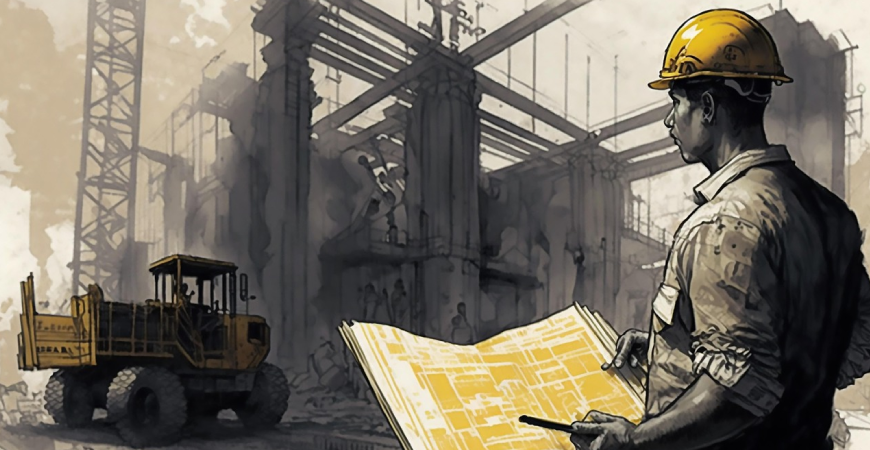
Construction law
Construction law in India encompasses various legal aspects that govern the construction industry, including contracts, disputes, and regulations. Here's an overview:
Key Aspects of Construction Law in India:
- Construction Contracts: Agreements between parties involved in construction projects, including contractors, subcontractors, and clients.
- Dispute Resolution: Mechanisms for resolving disputes, including arbitration, mediation, and litigation.
- Regulatory Compliance: Compliance with laws and regulations governing construction, including building codes, safety standards, and environmental regulations.
Important Legislation:
- Indian Contract Act, 1872: Governs contracts, including construction contracts.
- Arbitration and Conciliation Act, 1996: Provides a framework for dispute resolution through arbitration and conciliation.
- Building and Other Construction Workers (Regulation of Employment and Conditions of Service) Act, 1996: Regulates the employment and working conditions of construction workers.
Key Concepts:
- Contractual Obligations: The obligations of parties involved in construction contracts.
- Dispute Resolution Mechanisms: Mechanisms for resolving disputes, including arbitration, mediation, and litigation.
- Construction Defects: Defects or deficiencies in construction work.
Importance:
Construction law plays a crucial role in:
- Regulating the Construction Industry: Providing a framework for construction projects.
- Protecting Parties' Rights: Protecting the rights of parties involved in construction projects.
- Ensuring Quality and Safety: Ensuring that construction projects meet quality and safety standards.
If you have specific questions or need further information on construction law in India, feel free to ask!